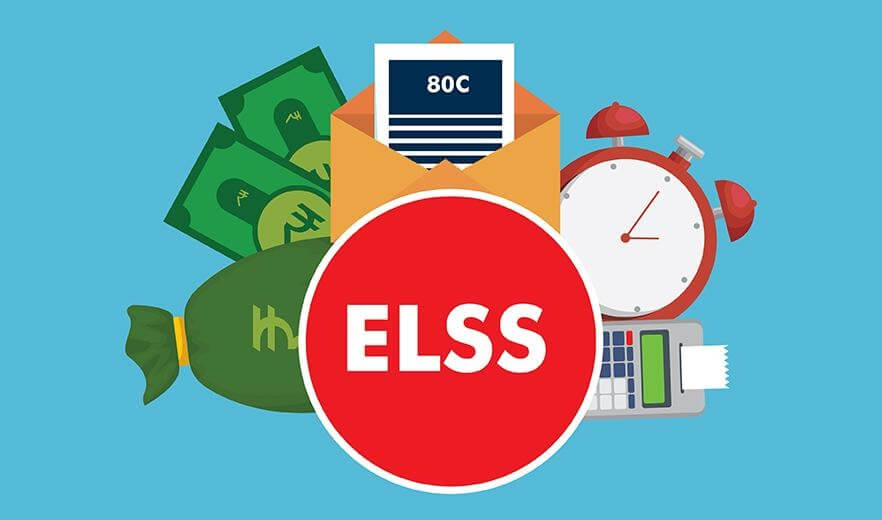Investors who wish to save tax on their investments and at the same time earn good returns on their investments often turn to ELSS investments. However, several investors often get stuck at choosing the right investment option for their investment portfolio. Should they invest in ELSS funds through SIP mode of investment or through lumpsum mode of investment? In this article we will try to answer the same for you. Let’s begin by quickly recalling what ELSS funds are.
What are ELSS funds?
ELSS, short for Equity-Linked Savings Scheme are a type of mutual funds that majorly invest in equities. In fact, SEBI (Securities and Exchange Board of India) – the regulator of the Indian mutual fund markets has mandated ELSS funds to allocate at least 80% of their assets towards equity and equity-related investments. As these mutual funds are one of the Section 80C investments, they offer tax benefits of up to Rs 1.5 lacs per annum to investors under Section 80C of the Income Tax Act, 1961. These tax saver mutual funds have a mandatory lock-in duration of three years. This also happens to be one of the lowest lock-in tenure among other Section 80C investments.
Benefits of SIP
Following are some of the benefits of investing in ELSS funds through SIP mode of investment:
- Financial discipline –When you invest in ELSS through SIP mode of investment, you tend to invest a decent portion of your savings and also enjoy certain tax benefits. Financial discipline helps investors to stay invested and earn significant returns on their investments.
- Cash flow – Had you opted the lumpsum mode of investment for investing in ELSS funds, you would have to invest the entire investment amount in one go which could not be possible for you at that moment. SIP mode of investment allows you to divide your investment amount into several, insignificant investment amount.
- Rupee cost averaging –As ELSS investments invest majority of their portfolio in equity instruments, it is likely to be highly volatile in the near future. If you wait to invest in ELSS funds at the last moment – nearing the end of a financial year, you might end up investing a significant sum of money during the market peaks. Investing in SIP ensures that you invest in the markets on a regular basis irrespective of the market condition at that time. This helps in the cost averaging process over time.
Benefits of lumpsum
Investors who do not have a persistent income flow or source of income, or investors who are self-employed might consider to invest in ELSS funds through lumpsum mode of investment. Note that if you are an investor who receive seasonal income, you might find it difficult coping with the regular payments of a structure mutual fund investment plan.
What should you choose? Lumpsum or SIP mode of investment?
Whether you should invest in lumpsum or SIP depends on your risk profile. The main dealbreaker between the two routes of investment is the degree of risk involved. As with SIP investments, you end up investing only a part of your investment amount, it provides better capital protection. On the other hand, if you are seasoned investor, lumpsum mode of investment may be more appropriate route of investment for you. Happy investing!

Hey, this is Johny Sehgal. I am the owner and caretaker at Finance Jungle. I completed my education in BSC and now heading towards the digital marketing industry. I usually have interests in reading, playing games and watching movies. I also love to write content based on quality information. The main motive of mine is to provide the top and best quality information to my readers. Finance Jungle is the blog for the same.












